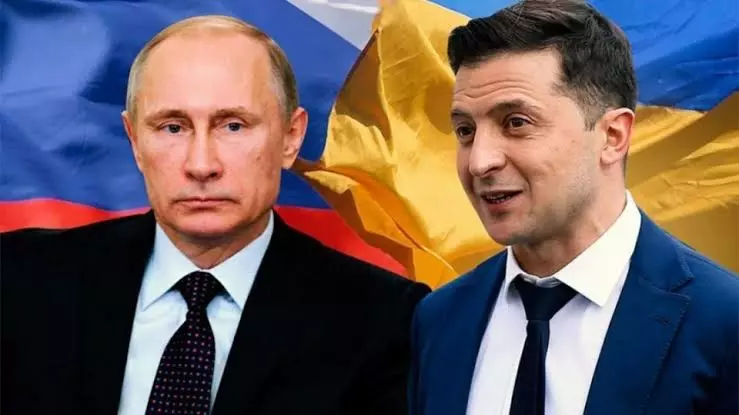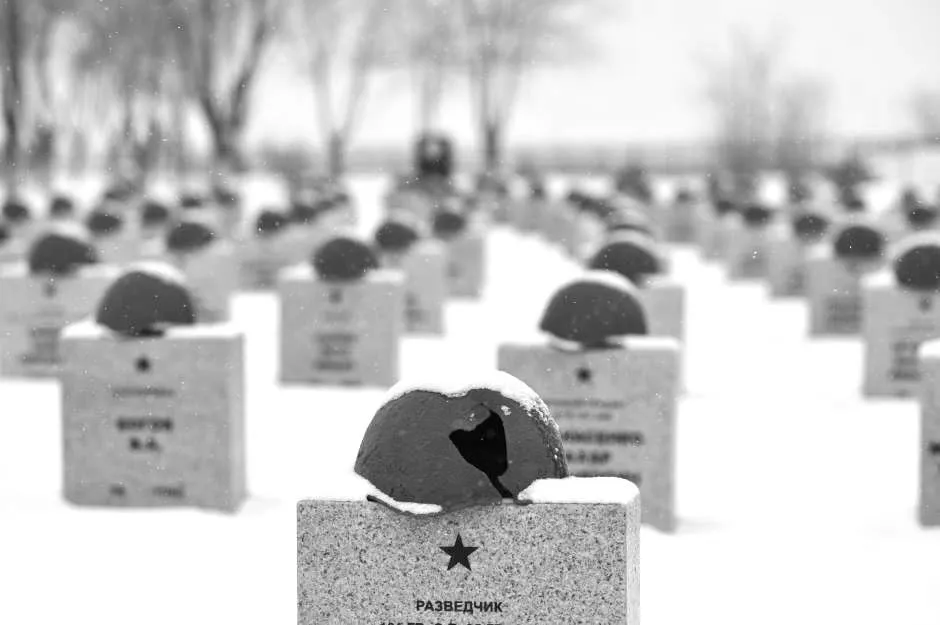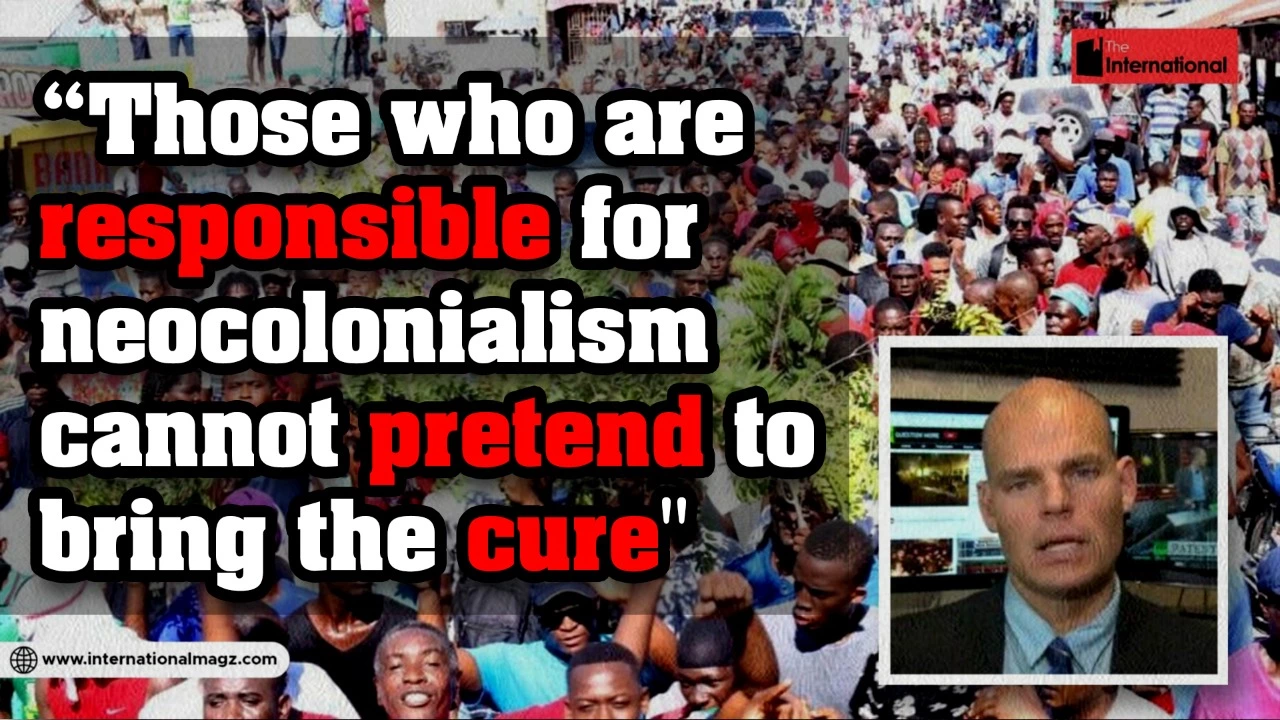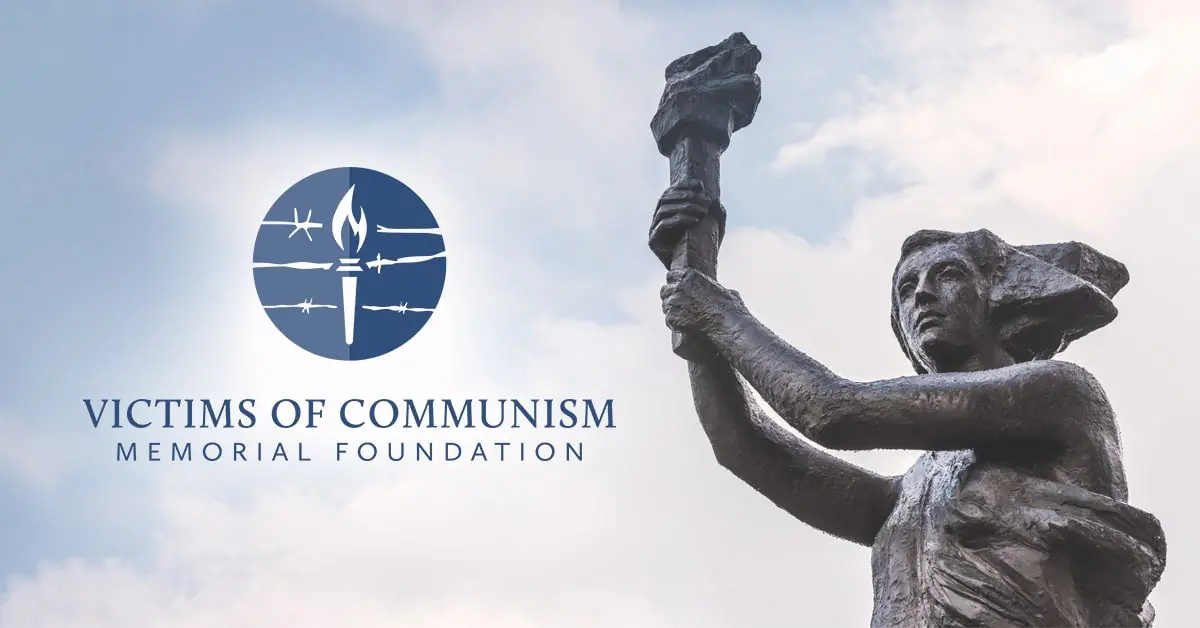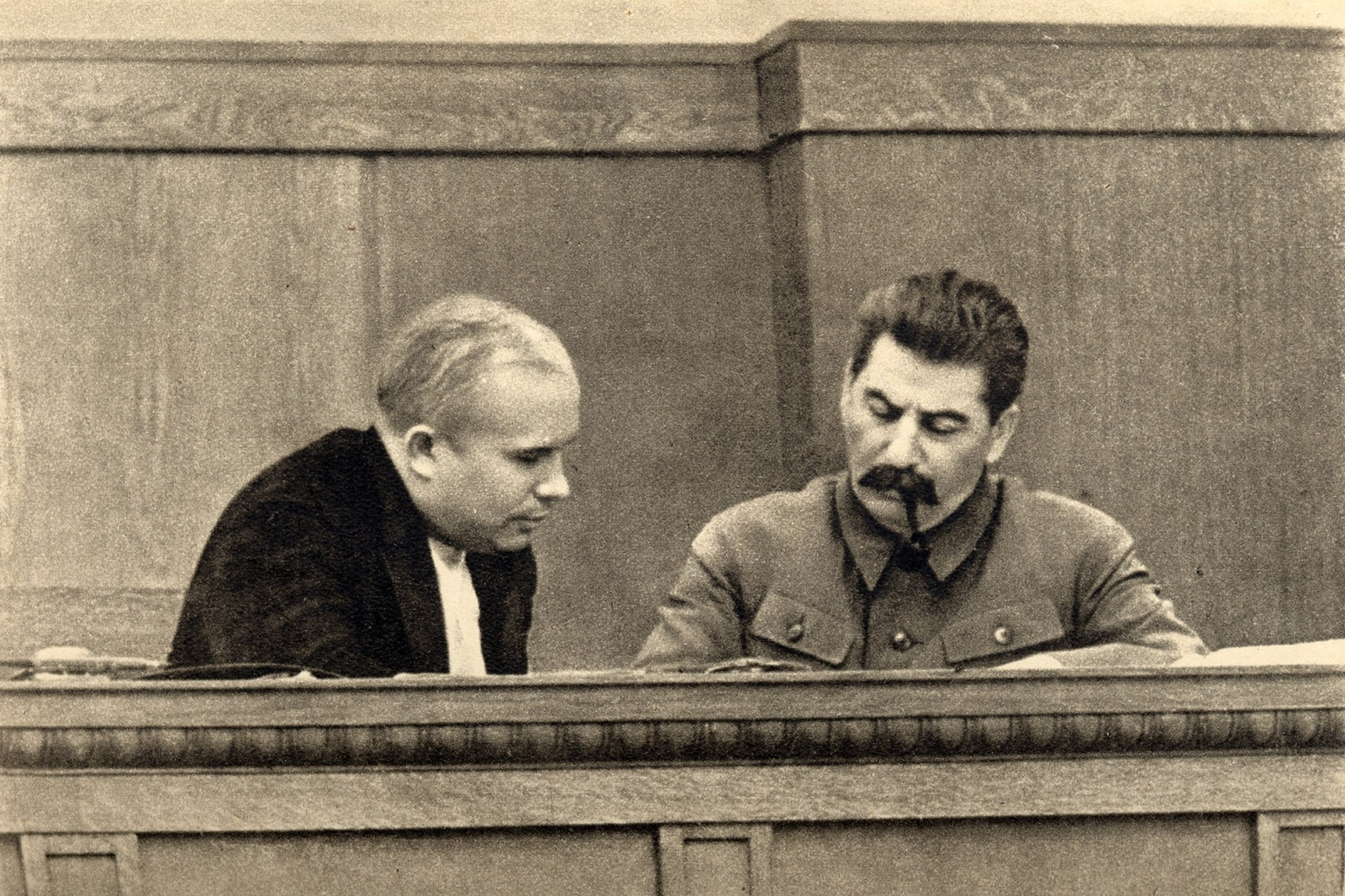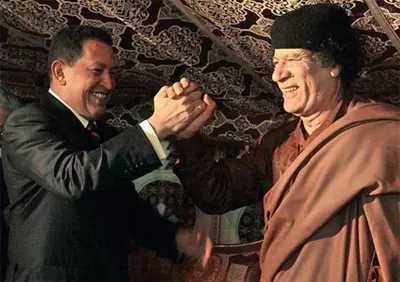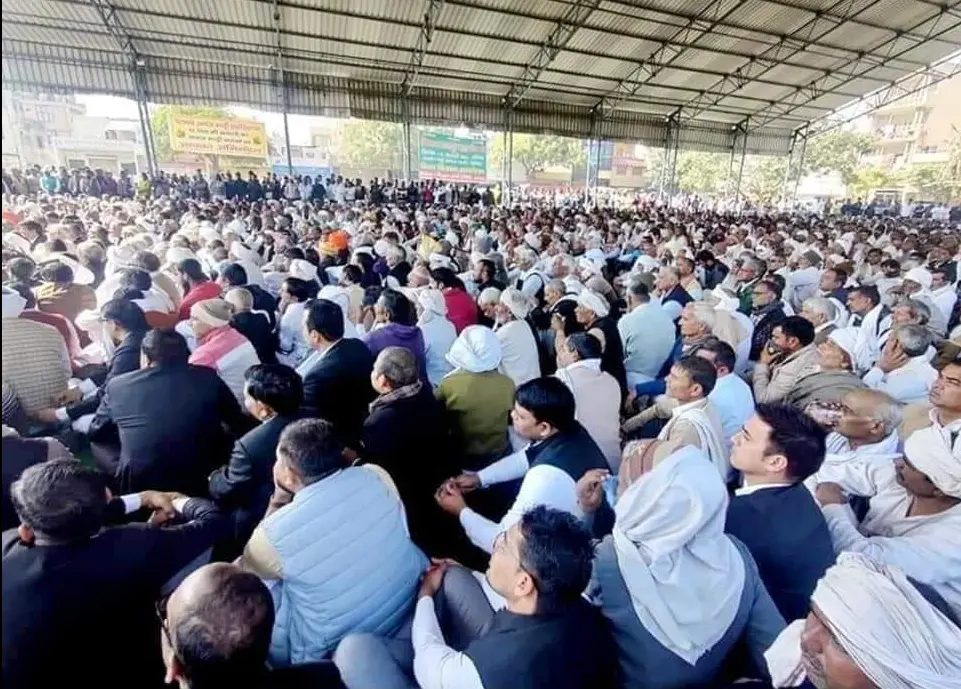Russia was dismembered and humiliated after the collapse of the Soviet Union in the early 1990s. The largest country on Earth saw its economy crumble and its social security institutions end leading up to “savage capitalism”: neoliberalism. However, the biggest defeat for Russian power in that period, marked by the US unipolar domination in global geopolitics, was to have lost its influence around its borders and in Eastern Europe. Russia has seen NATO (North Atlantic Treaty Organization), the armed wing of the United States in the West, grow strongly in its former Soviet-era sister republics and put pressure on their territory.
Based on these moves, Mikhail Gorbachev, the last leader of the Soviet era, made an informal agreement, without diplomatic signatures, with the Western bloc and the United States of America (USA), so that NATO would not expand to the East, to which both sides agreed. However, after the West saw the instability in which Russia found itself in the post-Soviet period, this group of countries did not comply with the agreed Russian demands. In addition, the Baltic countries joined the Western organization: Latvia, Lithuania and Estonia, which were once Soviet republics. After the end of the socialist camp in the 1980s, Poland, the Czech Republic, Romania, Hungary and Bulgaria, countries that were part of the former bloc, also joined the bloc. In this way, we see that informal agreements were not respected by the Western bloc and, since then, NATO has been inching closer to the Russian home, bringing tensions at the level of the “Cold War”.
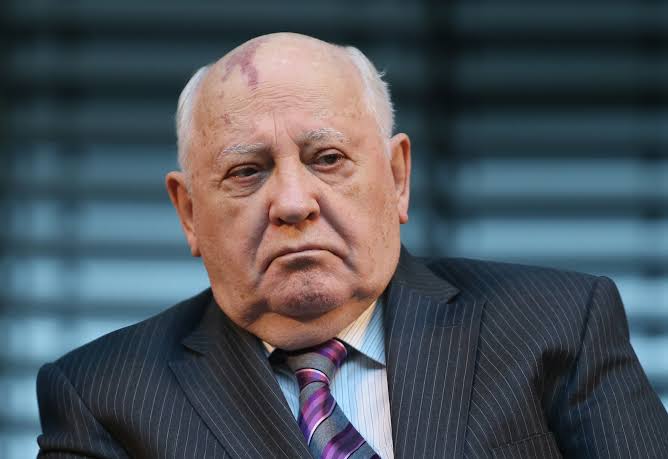
A drunkard in charge
One of the factors in the conflict in Eastern Europe is the attitude of Vladimir Putin, Russian president, and his opposition to the West. To analyze his influence in the conflict, we must look at what he inherited. Before Putin took power in Russia in 2000, the country was ruled by Boris Yeltsin, the first Russian president after the Soviet collapse. The first president of the Russian federation was a Soviet-era oligarch who carried out and radicalized Gorbachev's liberalizing reforms.
On one hand, the Russian leader has shown himself to be a harmonious actor in the new international scenario, knowing how to have a dialogue and take orders from the West. On the other hand, in domestic matters, the much-heralded capitalism did not come in the way he and the West had expected, but as a brutal economic and social crisis for the Russian people. The crisis had several factors, but the most relevant were the “bargain price” privatizations and the lack of investment in social security programs, leading millions of Russians to hunger and a drastic drop in the quality of life. In addition, Yeltsin dealt with alcoholism, which he publicly exposed on several occasions, and guaranteed the confidence of his people.
Faced with this social upheaval, in 1993, the people took to the streets and tried to change, with their own hands, the ways of their country, but the government's response was repression and, like an autocrat, Yeltsin bombed the parliament and ensured in power by force. Dissatisfaction continued and Boris Yeltsin decided to step down on December 31, 1999, thus taking his place Vladimir Putin, who had recently been chosen as prime minister in the Yeltsin government and was the fourth in the post in less than a year. The new Russian president would change everything on the geopolitical board.
The face of Russia in 21st century
The new Russian president would totally reverse the internal and external chessboard, consecrating himself as one of the greatest and most pragmatic political figures of the new century. Putin was a former agent of the KGB, the Soviet secret police, and served as deputy mayor of St. Petersburg under the corrupt oligarch Anatoly Sobchak. Putin proved to be a good administrator and conciliator, but Sobchak's lack of control led him to lose the next election.
Putin, who had done a great job of controlling Russian oligarchies, received an invitation from Yeltsin to join his much-criticized government and take over the FSB (the secret service of the Russian Federation), he accepted. Despite being part of the Yeltsin government, Putin has been a critic of the decade of frenzied openness, pointing to the ills it has spawned. After doing a good job, Yeltsin invited him to be his prime minister, and gave him orders for the new premier to deal with separatist groups in Chechnya and the powerful oligarchs. Yeltsin's government had a high level of disapproval and the country was experiencing a crisis, thus, seeing itself trapped by the crisis, Yeltsin resigned and Putin assumed the power of the nation.
The Kremlin's new strongman took the demoralized country and with a firm and controlled government, began to reform. In this way, his government put an end to privatizations, knew how to make new alliances for cooperation and took advantage of the good moment of the international market, starting to rebuild the Russian economy. In addition, he increased investments in social security institutions, improved the quality of life of the Russian population, acted firmly in the area of internal security and maintained the territorial integrity of his country.
In contrast, Putin has received criticism from the West for his high conservatism and repression of minorities, which Russians see as a factor in identifying and maintaining traditions. Putin's greatest achievement, however, was to control the national oligarchies and bring them under his control; Russian mafia that dominated and controlled politics for years since the end of the Soviet Union. In the external sphere, Putin knew how to dialogue with Western leaders and make agreements with their countries, but he was always a fierce critic of the foreign policy of Western countries and always took decisions opposite to those of these countries in the international sphere.


Putin has always criticized the dominating power of the West, as he saw this group of countries as opposed to the national sovereignty of countless nations and seeking to supply their socio-economic interests in those dominated countries - they act like empires. Westerners intervened in countless ways, Putin criticized all of them. Direct interventions, as in Libya; indirect - "color revolutions'' -, as in Georgia; or economic sanctions, as in the case of Venezuela and Russia itself.
These forms of outside interference are not because the governments of these nations are oppressive or undemocratic, but because these governments are not subordinated to the might of NATO and the US. With each obstruction, we saw that the West was not concerned with the people of these nations or their fundamental rights, but with their frantic searches for zones of influence; Putin has always been a critic of this scheme.
It was because of these clashes that the West, especially the Americans, began to treat Putin as a villain - or the new Stalin; these narratives show more of Western cultural vehicles, always pro-imperialist and authoritarian, than of Putin and his government. The West has reached its limit with the Russian leader after helping the Syrian government of President Bashar Al-Assad - when his country was going through a proxy war -, and with his attitude towards the demonstrations in Ukraine in 2014 - where there was external interference. . In fact, Ukraine could totally change the Western view of Russia.
